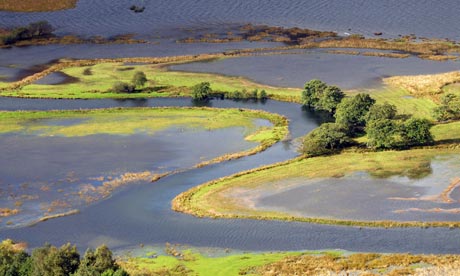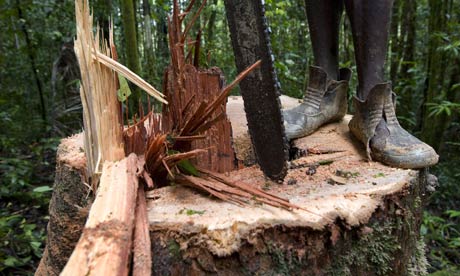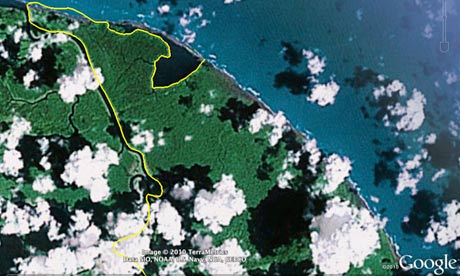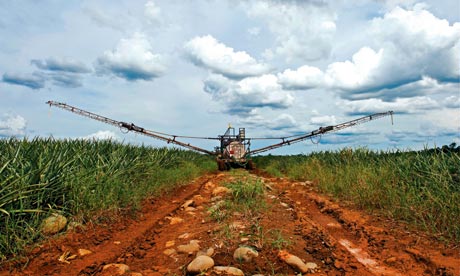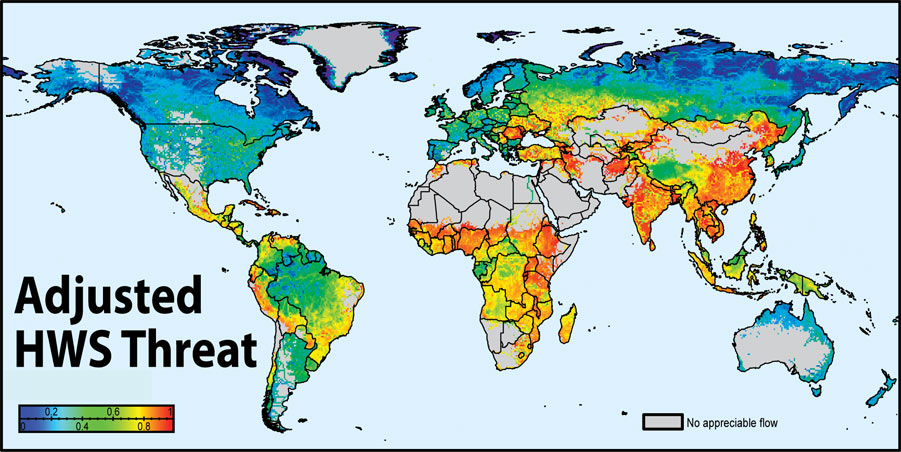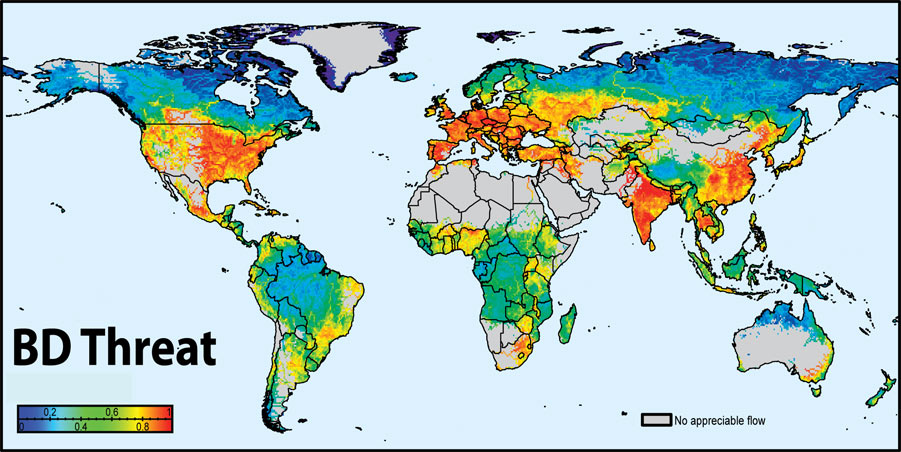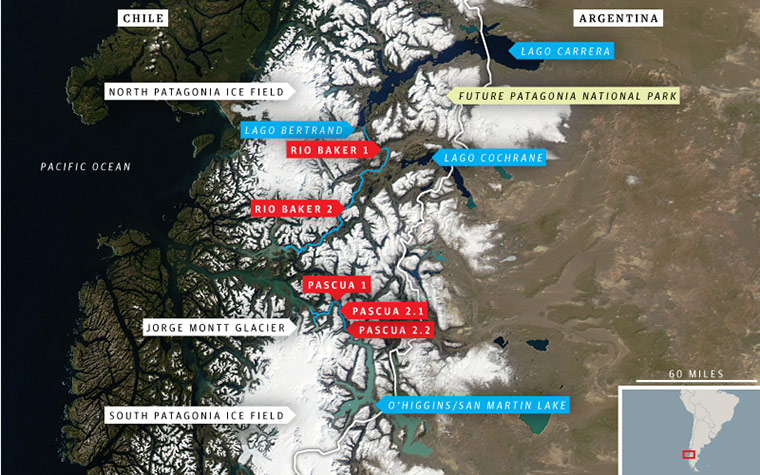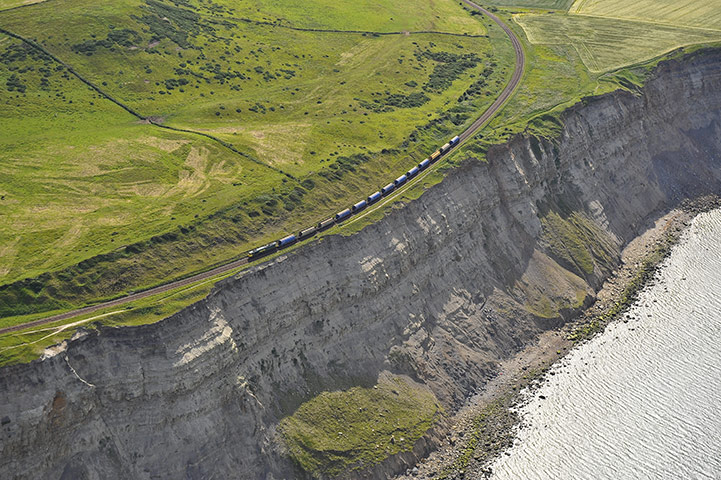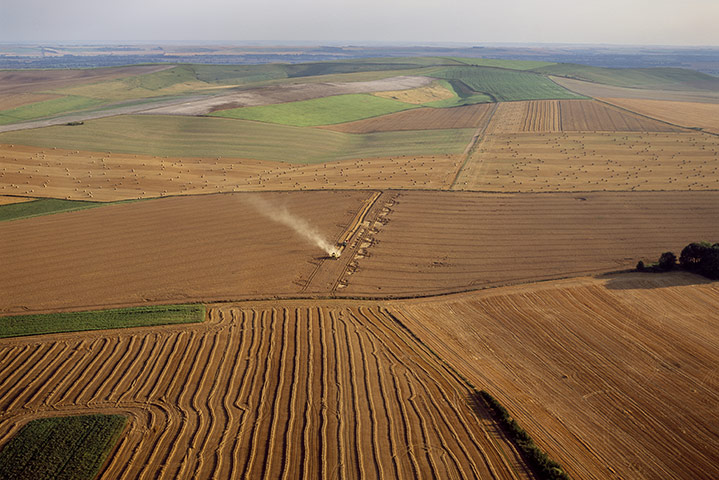Budget cuts could weaken protection of landscapes, say campaigners – amid fears of green light for economic development
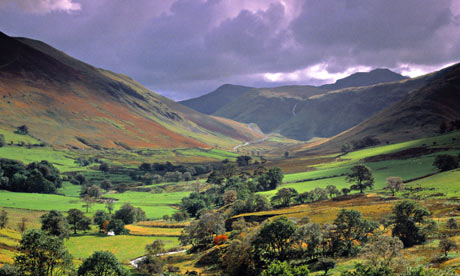
Government plans to reform national parks threaten to destroy the country's most precious landscapes, including the
Lake District, the Norfolk Broads and the New Forest, by forcing managers to promote more economic development,
conservation campaigners claim.
The row has been ignited by a
consultation published by the
Department for Environment, Food and Rural Affairs (Defra) this week. Critics say that the focus on looking for ways to make parks more "responsive to the concerns of their local communities" will mean that economic development will be placed on an equal footing to conservation, making it easier for developments such as new housing estates and business parks to gain planning approval. At present, national parks have the highest protection possible because of their national importance.
Concern has been fuelled by the government's recent spending review which has raised the threat of cuts to the parks' budgets, and suggested that
economic value should be the guiding priority for Defra. Ministers have also confirmed that they are still
hoping to find buyers or new managers for national nature reserves in a bid to cut costs.
"There's been a long running debate around national parks: whether, in addition to protecting the landscape and promoting public enjoyment, there should be a third duty to promote economic progress," said Neil Sinden, policy and campaigns director for the
Campaign to Protect Rural England. "That would subvert the other objectives. It would be inappropriate to give it equal status to the original objectives."
The drive to give more weight to local opinion is also in line with the coalition government's proposed planning reforms, which threaten to reduce the ability of objectors to argue that there are national reasons to reject developments, said Sinden.
"It goes to the heart of why the legislation was put in place because the government of the day – and government since – believed there was an over-riding national interest in protecting our most precious areas of countryside," he added.
Last night Defra responded to the concerns about the consultation – which applies only to the ten national parks in England – with a statement: "National parks also bring economic benefits to the region, for example, through tourism. Part of the role of NPAs is to work with the local community to promote economical development and social wellbeing of the area."
It added: "Defra as a whole has had its funding reduced by 30% but that reduction still has to be distributed between our various programmes, including the National Park Authorities. We do not yet know what funding national parks will receive."
Some conservation groups warned that the decentralisation favoured by government would make economic pressures inevitable. The
Campaign for National Parks has for some time been warning about
the growing threat of developments as elected parks authorities bow to pressure in rural areas to create jobs. For similar reasons there was also a vocal local campaign against the decision last year to create the UK's newest national park in the South Downs.
Ruth Chambers, the council's deputy chief executive, said threatened budget cuts, which have yet to be confirmed but that a minister told a private meeting were likely to be 25% over four years, following a 5% cut this year, would make it harder for the National Park Authorities to protect landscapes.
"They are going to have to make decisions: are they going to have to reduce rangers [or] visits by schoolchildren?" said Chambers. "It's all connected to the funding: if we have got less well-resourced bodies implementing these purposes on the ground they are ripe for exploitation."
Others are less concerned. The
Woodland Trust said the review would only affect governance of the parks, such as who and how members were elected.
The UK's national parks were set up by an act of parliament in 1949, which set two priorities for their management: conserving the environment and landscape, and encouraging public access, and stated that in the event of a clash conservation should take precedence. Another act in 1995 set up the National Park Authorities and gave them a new role to "foster the economic and social wellbeing of local communities", although this was considered secondary to the original core priorities.
Although they were considered the country's most important landscapes, unlike many national parks around the world those in the UK are home to hundreds of thousands of people, many working locally, as well as attracting millions of visitors a year.
There are currently 14 national parks and the Norfolk Broads, which has similar status – 10 in England, three in Wales and two in Scotland. National parks in Wales and Scotland are managed by their devolved administrations.
Any move to weaken national parks would appear to run counter to an agreement at the international biodiversity summit in Nagoya, Japan, in October, when Caroline Spelman, the environment secretary, joined politicians worldwide to announce
a big increase in protected areas




